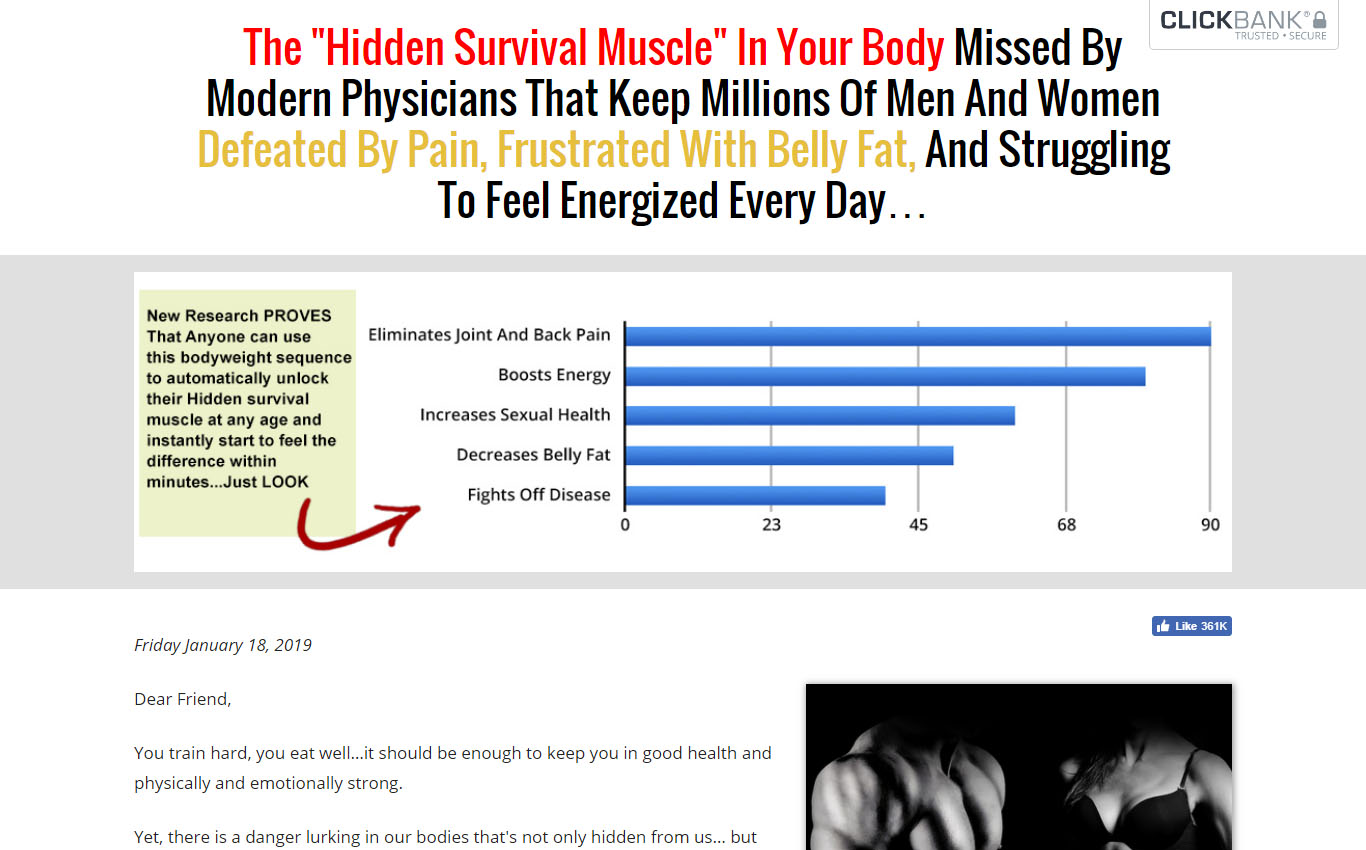You're more likely to get a hip flexor injury if you've had one in the past, you don't warm up properly before engaging in athletic activity, your muscles are already tight or stiff, or your muscles are weak from being overused. If, while exercising, you try to do too much at once in too short an amount of time, you can also put yourself at risk for a hip flexor injury.
The outlook for low back pain absolutely depends on its precise cause. For example, acute strain injuries generally heal entirely with minimal treatment. On the other hand, bony abnormalities that are irritating the spinal cord can require significant surgical repair and the outlook depends on the surgical result. Long-term optimal results often involve exercise rehabilitation programs that can involve physical therapists.
Really great content. I also had some lower back problem but now that I know the source, I will work on it. My counsins also talked to me about this product called Panifix, or "Unlock your hip flexor" which Gives You A Practical, Easy-to-follow Program You Can Use To Instantly Release Your Hip Flexors For More Strength, Better Health And All Day Energy. Proven Swipes And Creatives Here:https://tinyurl.com/yd6nbzfh
Non-mechanical Disease Processes: Sometimes, non-mechanical disease processes like cancer, kidney stones, or a tumor may cause low back pain. These symptoms are usually, but not always, accompanied by other symptoms like unexpected weight loss, fever, or malaise that indicate a non-mechanical cause of your pain. These diseases are rare, but they can happen, so if your back pain continues for more than a few weeks after physical therapy treatment begins, a visit to your doctor is certainly in order to rule out a sinister problem.
If low back pain gets worse or does not improve after two to three days of home treatment, contact a primary-care physician. The physician can evaluate the patient and perform a neurological exam in the office to determine which nerve root is being irritated, as well as rule out other serious medical conditions. If there are clear signs that the nerve root is being compressed, a physician can prescribe medications to relieve the pain, swelling and irritation; he or she also may recommend limitation of activities. If these treatment options do not provide relief within two weeks, it may be time to consider other diagnostic studies and possibly surgery.


